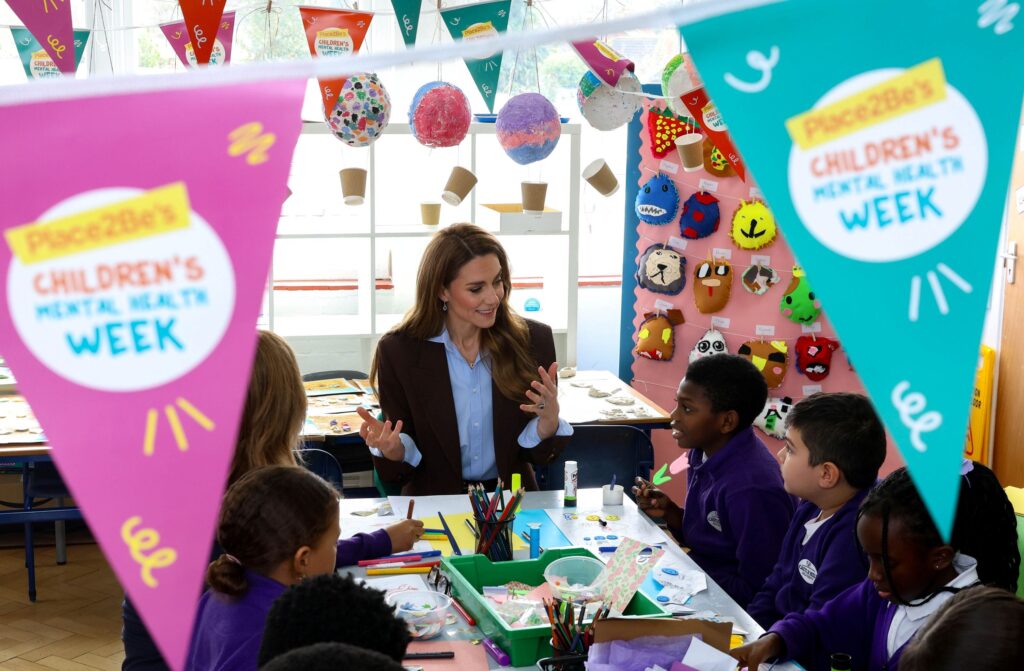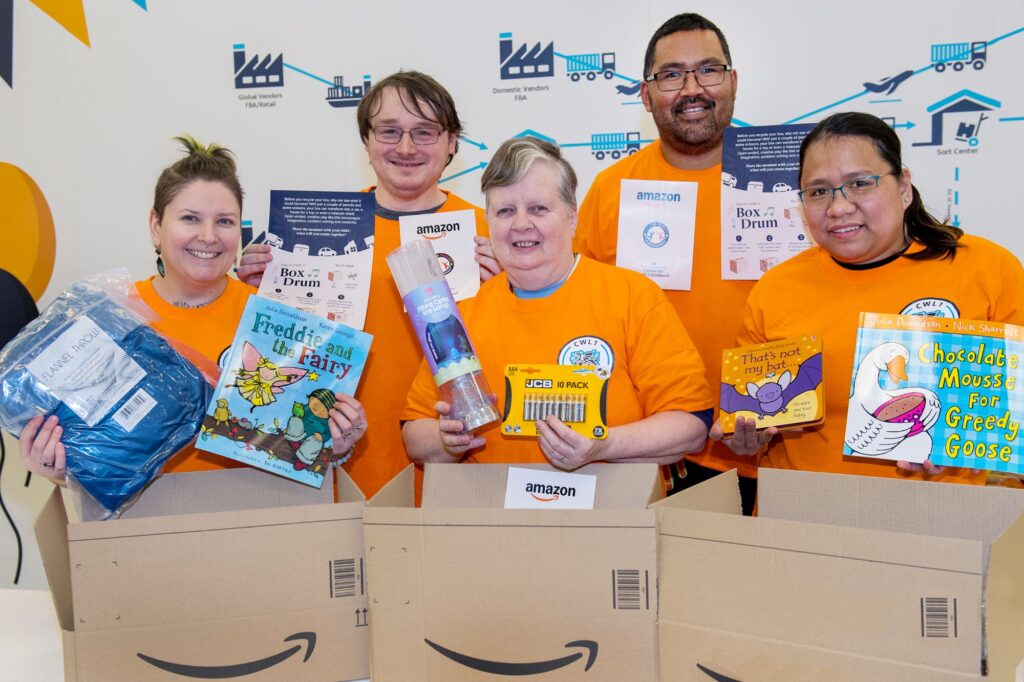The Royal Foundation Business Taskforce for Early Childhood – a year of impact

One year on from the publication of its landmark “Case for Change” report, which set out why businesses should invest in early childhood, The Royal Foundation Business Taskforce for Early Childhood has delivered a broad range of initiatives, demonstrating the vital role business can play in creating a society which prioritises its youngest members and those caring for them.
In its first year, the Taskforce produced Prioritising early childhood for a happier, healthier society: How business can drive, and benefit from, transformative change in the UK, setting out the case for prioritising early childhood and identifying the five areas where businesses can have the biggest impact.
When the report was launched, each member of the Taskforce pledged to take action. They have each chosen different areas of opportunity, and the impact has been varied and vast:
- The LEGO Group has donated LEGO® Education Build Me “Emotions” sets to early years providers across every corner of the UK. The sets are designed to help children to explore their emotions in a playful way. It is also working with a coalition of partners, delivering a local project in Tower Hamlets, harnessing the power of play to promote children’s wellbeing and develop social and emotional skills. It aims to be an exemplar of best practice and a model that will inspire other organisations.
- Co-op created a dedicated early childhood fund through its unique apprentice levy share service, Co-op Levy Share. With Taskforce funding, it has already supported more than 130 early years apprentices, as part of its commitment to raise £5 million over the next 5 years to create more than 600 apprenticeships.
- Deloitte has funded more than 1300 early years teachers to undertake Teach First leadership qualifications.
- IKEA has partnered with local baby banks to ensure families have the essentials they need and launched a product range which raised money for the Baby Bank Alliance.
- NatWest has increased its lending capacity for early years settings and produced tools to support nurseries to operate in a more sustainable way.
- Deloitte has changed its parental policies to give all parents 26 weeks full pay.
- Iceland has rolled out its ’emoji posters’ across all UK stores and helped 30,000 staff better support young families.
- Iceland has launched a range of toddler meals with Mumsnet, which raise money for Alder Hey Hospital and aim to support healthy eating.
These projects combined have a potential reach of more than half a million babies and young children. Looking ahead, taskforce members have committed to building on this to extend their impact to even more families with babies and young children.
- Co-op is developing assets, inspired by the Shaping Us Framework, for its six million members, to help support parents and carers understand the importance of social and emotional development and how to nurture it in their children.
- NatWest has already increased lending for early years providers to £100million and has now pledged to go even further, extending the target lending to £250m. This means that many more early years settings, who currently find it difficult to access the financial support they need, will now be able to do so, alongside tailored guidance and support to navigate the challenges they face and to seize growth opportunities.
- Aviva will shortly be making publicly available a series of short films, which they have created for their 26,000 employees, aimed at helping both managers and new parents to feel more confident and supported in the workplace.
As well as continuing with their own projects, the Taskforce plays an important leadership role in inspiring other businesses to consider how they too could play a role. Since the report’s publication, members have hosted roundtables with businesses around the UK, with more planned in the coming months. The report has also been showcased on the international stage and the global early years sector have welcomed the leadership provided by the Taskforce.
And from today, businesses will be able to build their own action plans and get more information about how they can have maximum impact.
The Case for Change report, published a year ago this week, sets out why business should prioritise early childhood. Firstly, because it is the right thing to do: every child deserves a healthy, happy childhood and the opportunity to reach their full potential in life.
There is also a powerful economic case: prioritising children and those caring for them would result in a present-day workforce with less absenteeism, more choice and fewer people leaving organisations due to wellbeing and mental health issues, a future workforce capable of dealing with all of the complexity and challenge that is to come, and a potential £45.4 billion added value to the UK economy each year.
Businesses who want to learn more and get involved should go to https://thebusinesscase.centreforearlychildhood.org


